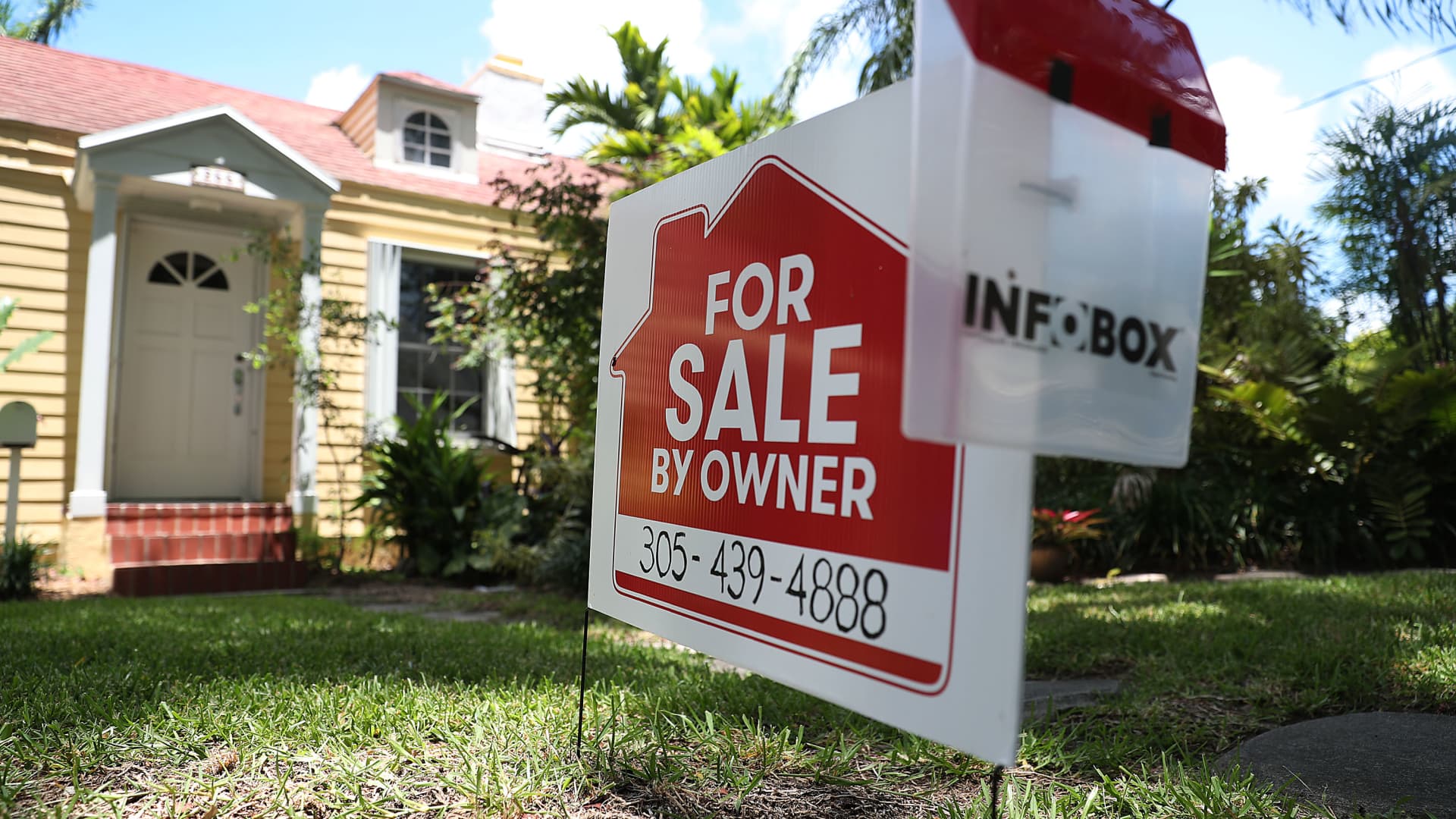Home prices increased 19.8% in February year over year, according to the S&P CoreLogic Case-Shiller national home price index. That is up from the 19.1% annual increase in January and is the third-highest reading in the index’s 35-year history.
The 10-city composite annual increase came in at 18.6%, up from 17.3% in the previous month. The 20-city composite was up 20.2%, rising from 18.9%.
Sun Belt cities continued to see the highest gains. Phoenix, Tampa, Florida, and Miami saw annual home price gains of 32.9% 32.6% and 29.7%, respectively. All 20 cities reported higher price increases in the year ending February 2022 versus the year ending January 2022.
Minneapolis, New York and Washington, D.C., saw the smallest price gains, although they were still in the double digits.
“The macroeconomic environment is evolving rapidly and may not support extraordinary home price growth for much longer,” wrote Craig Lazzara, managing director at S&P DJI, in a release. “The post-Covid resumption of general economic activity has stoked inflation, and the Federal Reserve has begun to increase interest rates in response. We may soon begin to see the impact of increasing mortgage rates on home prices.”
While mortgage rates began rising slowly at the start of this year, they didn’t really take off sharply higher until March. Given that this reading is a three-month running average through February, it doesn’t show much of an impact from rates. That could be coming next, though.
“Today’s S&P Case Shiller Index highlights a housing market experiencing a renewed sense of urgency in February, as buyers worked through a small number of homes for sale in an effort to get ahead of surging mortgage rates. The imbalance between strong demand and insufficient supply pushed prices higher,” said George Ratiu, manager of economic research at Realtor.com
For a median-priced home financed with a 30-year loan, the monthly payment is $550 higher than a year ago, an increase of 46%, according to calculations by Realtor.com
Prices historically tend to lag sales by about six months, and pending sales, which measure signed contracts, have been falling for four straight months through February, according to the National Association of Realtors. March’s reading will be released Wednesday.
“As we move through the spring housing market, we are seeing clear signs of cooling demand. Many buyers are deciding to take a step back and re-evaluate their budgets and timelines,” added Ratiu.
